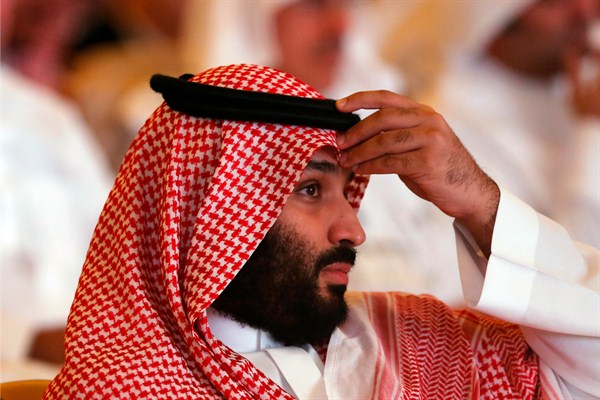As international pressure builds on Saudi Arabia over the brutal murder of Saudi journalist Jamal Khashoggi in its consulate in Istanbul early last month, the costs for Riyadh continue to rise. The damage to the country’s image and reputation will haunt its political elite for years, especially now that the CIA has blamed Crown Prince Mohammed bin Salman for having authorized the operation. The backlash was already visible in late October, when many Western political and business leaders at the last minute canceled their trips to Riyadh for the big-ticket Future Investment Initiative, the so-called Davos in the Desert.
While President Donald Trump is trying to minimize the damage to the U.S.-Saudi relationship, he too is facing more pressure, with the Senate this week voting by a wide margin to advance a bill that would end all U.S. involvement in the Saudi-led war in Yemen. Democrats say they plan to investigate the Khashoggi killing and the Trump administration’s response when they take control of the House of Representatives in January. European governments are also under considerable pressure to censure Riyadh.
Although the Saudi government for now is digging in, this international pressure could have several positive, unintended consequences for the kingdom and its people, if it forces a change in some of the crown prince’s costly domestic and foreign policy adventures.

